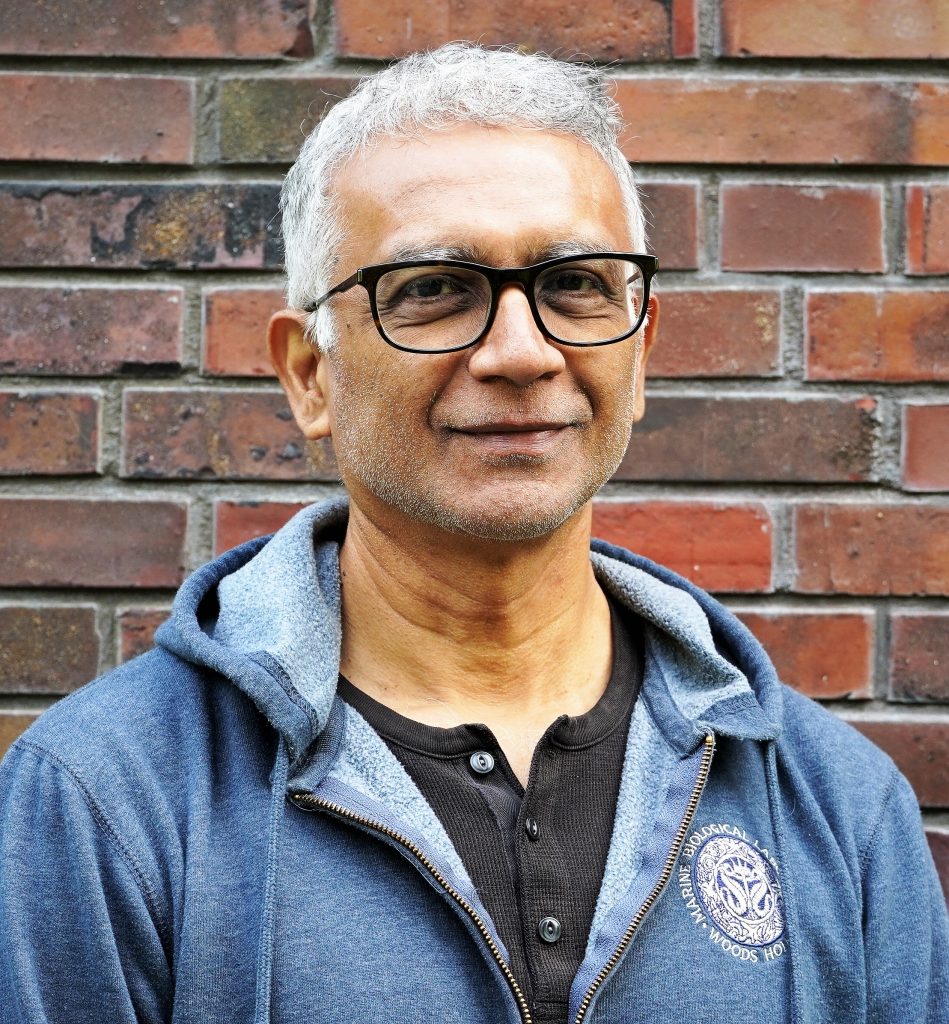Anil Ananthaswamy named “HITS Journalist in Residence”
The Heidelberg Institute for Theoretical Studies gives science journalists the opportunity to deepen their knowledge of computer-based, data-driven science with a longer stay at the institute. For the fifth time, the program was announced internationally. Candidates from six continents applied. A committee of science journalists and scientists selected Anil Ananthaswamy (USA/India) as “HITS Journalist in Residence”. The award-winning science journalist and book author plans to use his stay to interact with the HITS scientists in machine learning methods.
Indian-American science journalist and author Anil Ananthaswamy is the 11th “Journalist in Residence” at the Heidelberg Institute for Theoretical Studies (HITS), having joined the institute in late April.
Anil Ananthaswamy is an award-winning science journalist and former staff writer and deputy news editor at New Scientist magazine. As a freelance journalist, he writes for Quanta, Scientific American, New Scientist and Nature, among others. He’s the author of three popular science books, a former guest editor at the University of California, Santa Cruz’s science writing program, and he teaches science journalism at the National Centre for Biological Sciences, Bangalore, India. Before he switched to science writing, Anil had trained as an electronics and computer engineer at the Indian Institute of Technology, Madras (BSEE) and the University of Washington, Seattle (MSEE), and was working as a software engineer in Silicon Valley.
In recent years, Anil Ananthaswamy has been drawn to writing about Machine Learning (ML) and computational neuroscience. This year, he has finished the first draft of a new book on the mathematics of ML, titled Why Machines Learn. To aid his book, he has written code that illustrates the basic principles of some key machine learning algorithms.
During his stay at HITS, Anil Ananthaswamy plans to link all these activities: “I would like to think deeply about developing modules that combine journalism, coding, algorithms and math”, he says. To this end, he is also interested in learning from the ML expertise in the HITS research groups and in understanding the use of these methods in astrophysics and life sciences. He’s also keen on interacting with the Natural Language Processing (NLP) group at HITS, to better understand the strengths and limitations of large language models.
HITS Journalist in Residence – the program
To date, journalists from Canada, Australia, India, the U.S., Spain and Germany participated in the HITS fellowship — which started in 2012 with the award-winning German science journalist Volker Stollorz, now chief editor of the German Science Media Center in Cologne, an organization run by journalists that provides journalists with what they need.
HITS is a private, non-profit basic research institute. It was founded by the Klaus Tschira Foundation in 2010. At HITS, currently around 140 scientists from 40 countries work in 13 research groups in areas where large amounts of data are produced and processed – from Molecular Biology to Astrophysics. One of the institute’s aims is to make the public more aware of the importance of computer-based, data-driven science, especially in natural sciences.
Press Contact:
Dr. Peter Saueressig
Head of Communications
Heidelberg Institute for Theoretical Studies (HITS)
Phone: +49-6221-533-245
peter.saueressig@h-its.org
http://www.h-its.org/
Twitter: @HITStudies
About HITS
HITS, the Heidelberg Institute for Theoretical Studies, was established in 2010 by physicist and SAP co-founder Klaus Tschira (1940-2015) and the Klaus Tschira Foundation as a private, non-profit research institute. HITS conducts basic research in the natural, mathematical, and computer sciences. Major research directions include complex simulations across scales, making sense of data, and enabling science via computational research. Application areas range from molecular biology to astrophysics. An essential characteristic of the Institute is interdisciplinarity, implemented in numerous cross-group and cross-disciplinary projects. The base funding of HITS is provided by the Klaus Tschira Foundation.
